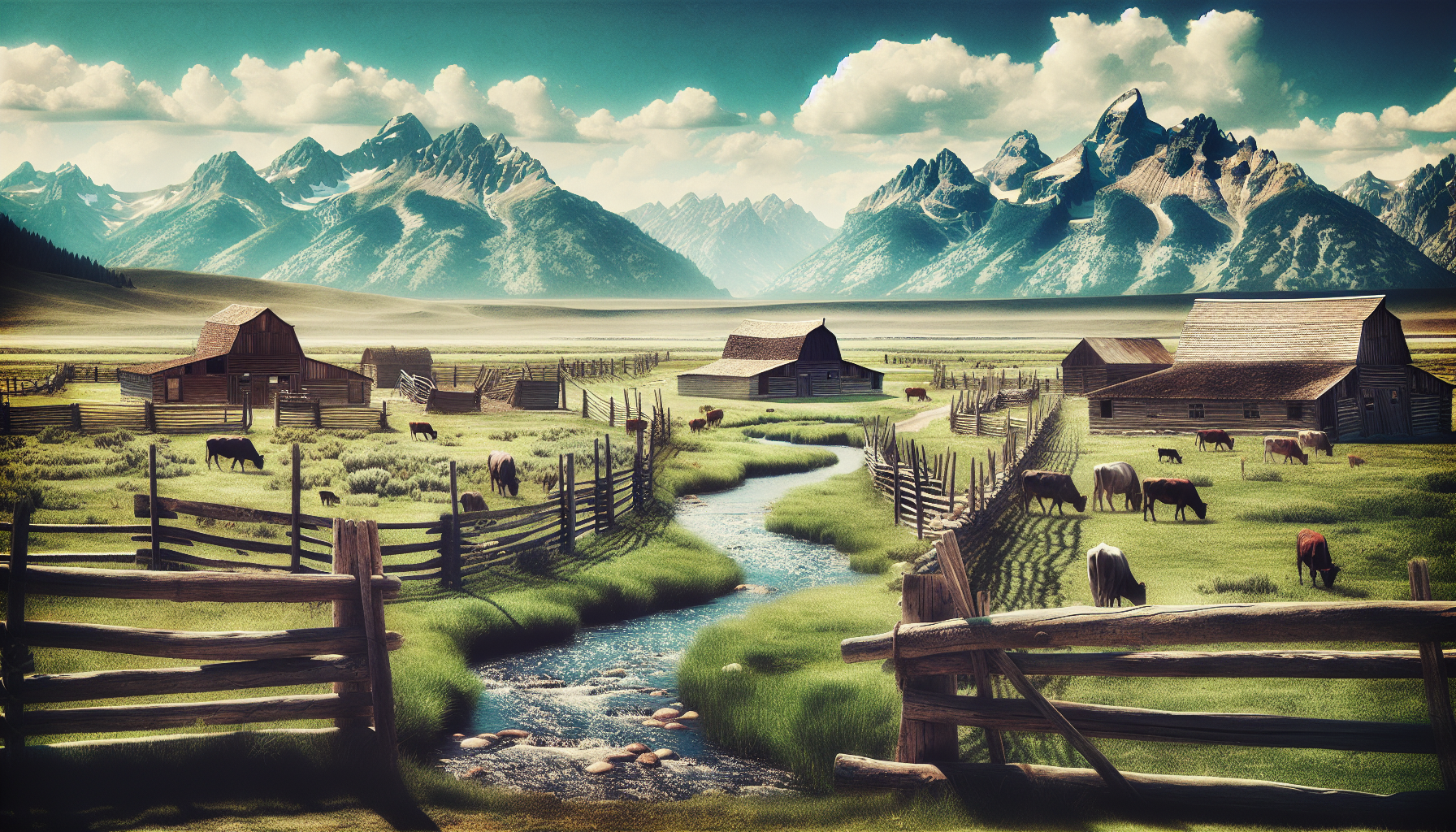Almost half of the water drawn from the Colorado River is directed towards the production of feed for beef and dairy cows. This statistic highlights the immense reliance of the ranching industry on this critical water source. The Colorado River, which winds its way through seven U.S.
states, is crucial to the survival of various ecosystems and human populations alike. However, the river is gradually diminishing due to overconsumption and climate change.
Modest changes in the American diet could potentially alleviate this water stress. By consciously reducing beef and dairy consumption, the demand for these products could decrease, thereby decreasing the water consumed for their production.
The connection between diet, water use, and climate change is increasingly recognized. The ranching industry, therefore, finds itself in a delicate balance. On one side, there’s the need to maintain a robust and profitable ranching sector and, on the other, the need to preserve critical water resources and contribute to mitigating climate change.
On a different note, ranching isn’t just about the economics and environmental impacts. It’s deeply ingrained in American culture and history, with figures like the cowboy becoming central to the nation’s identity. The allure of the cowboy lifestyle continues to captivate audiences, with themes of ranching and cowboy life featuring prominently in various forms of media, including romance novels. The appeal of this quintessential American character is a testament to the enduring influence of ranching on our collective imagination.
However, the ranching industry and those who support it also face scrutiny in political circles. Prominent figures like Timothy Mellon have been pivotal in supporting political campaigns with their considerable wealth derived from successful ranch operations. Such actions underscore the interplay between ranching, politics, and economics in the U.S.
In the face of growing anti-LGBTQ+ sentiment in some political circles, it’s important to note that the ranching community is diverse. Ranch hands, owners, and supporters come from all walks of life, each contributing a unique perspective to the sector and to the broader discourse surrounding it.
The future of Wyoming ranches and the ranching industry at large hinges on a variety of factors. From adapting to changing dietary preferences, addressing environmental challenges, and navigating the socio-political landscape, these ranches are at a crossroads.

While the industry grapples with these challenges, one thing is certain: Wyoming’s ranches have an enduring impact on the state’s and the nation’s economic, environmental, and cultural landscapes. Whether it’s through contributing to our diets, supporting our economies, or shaping our narratives, these ranches hold a significant place in the American story.